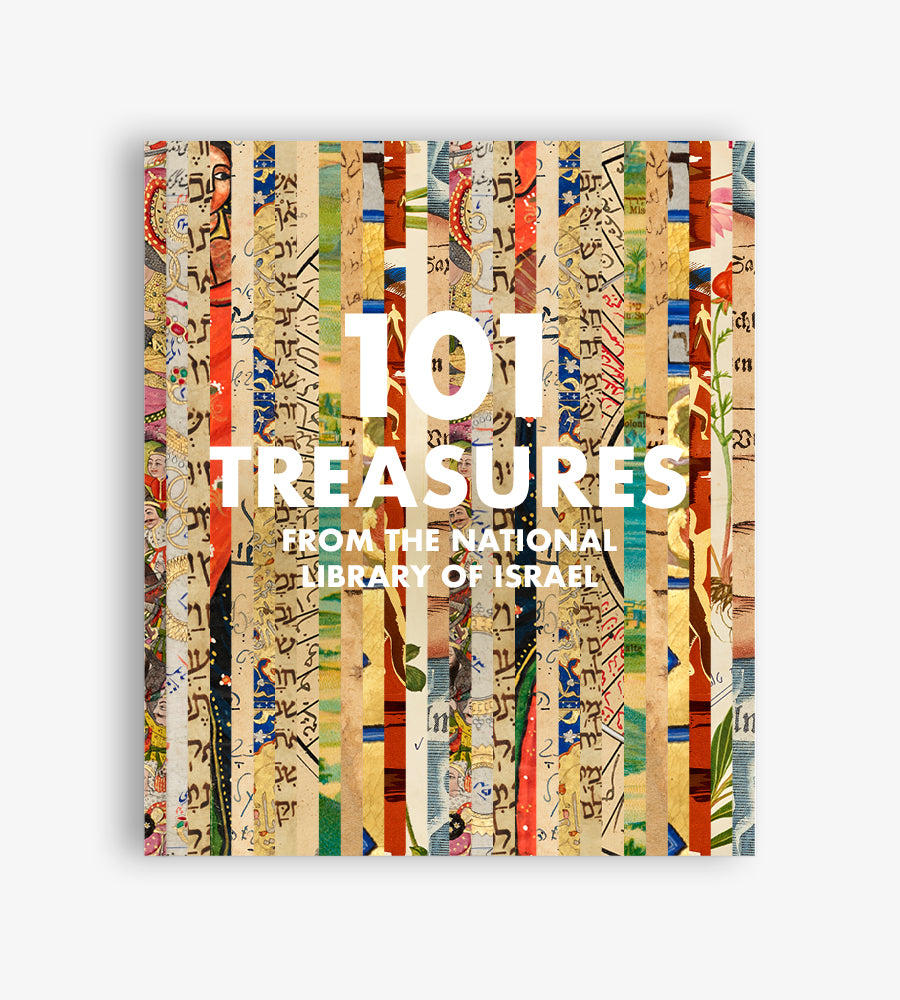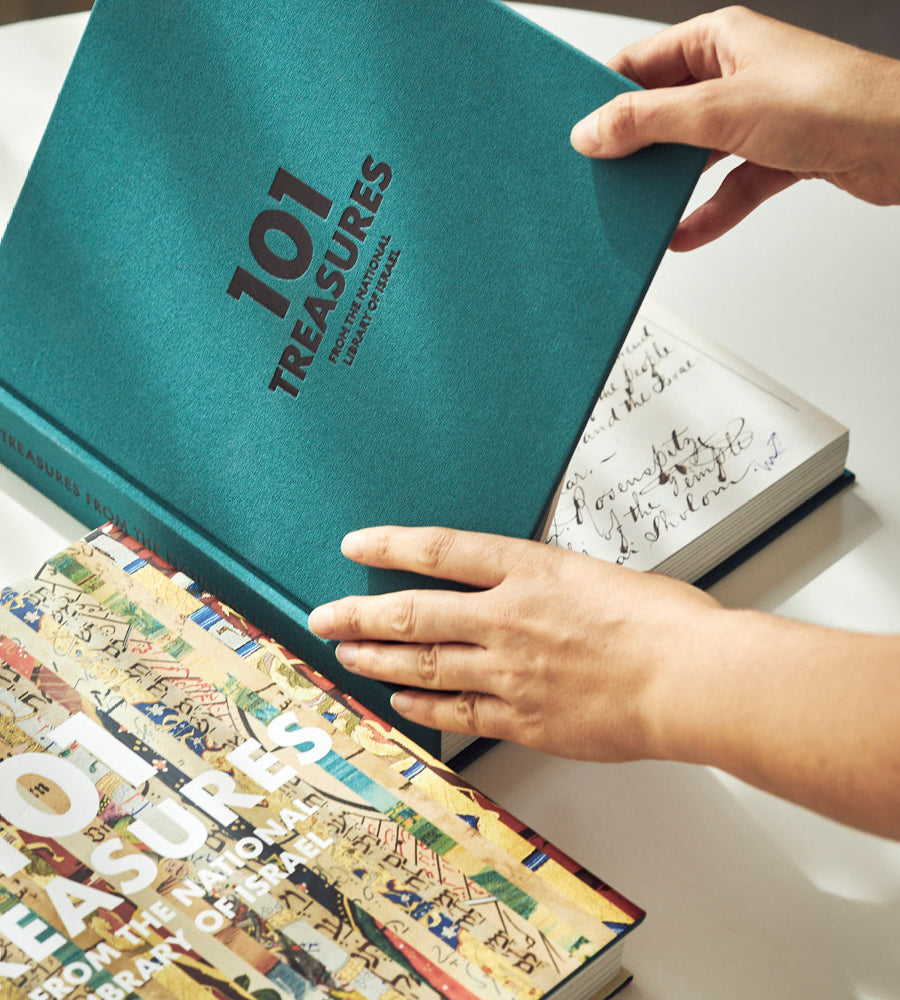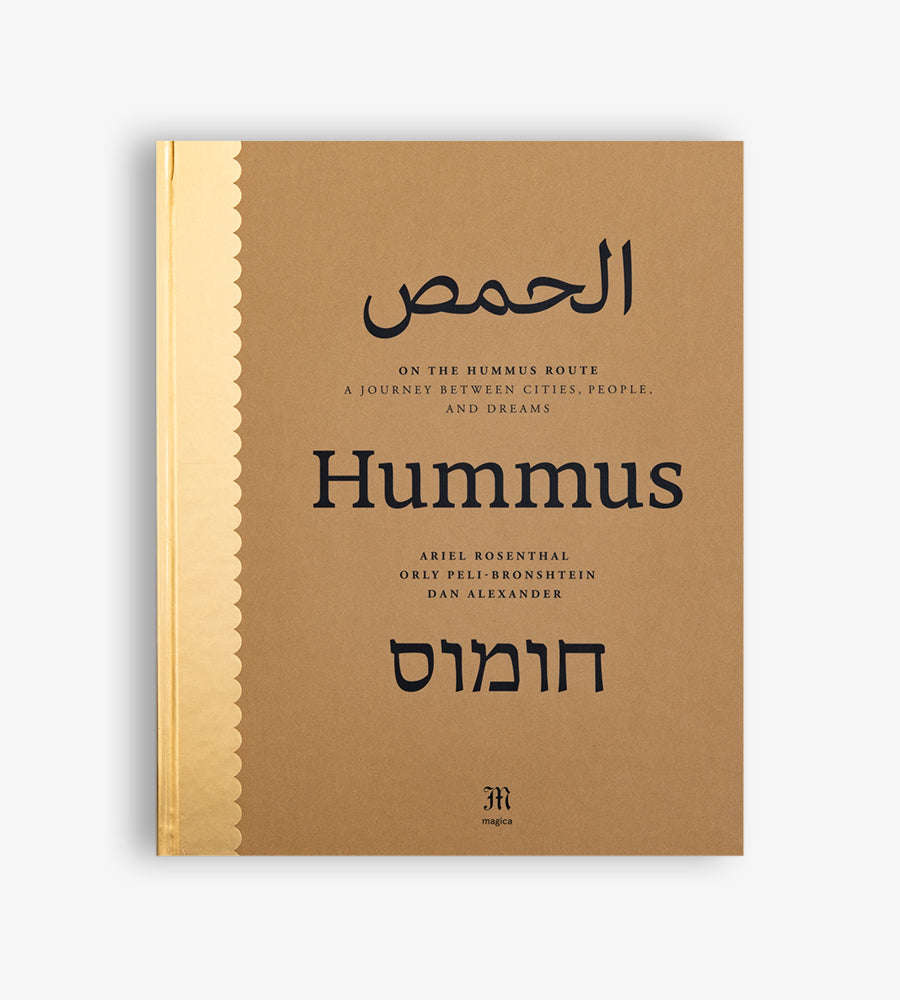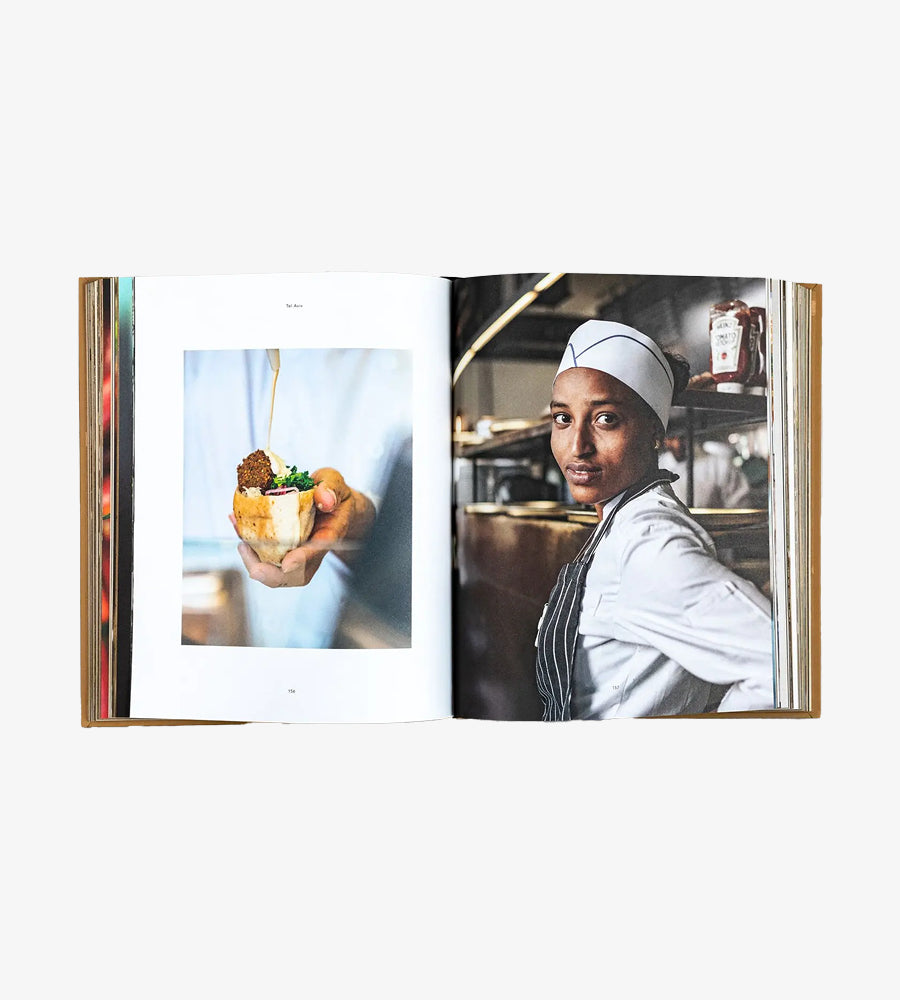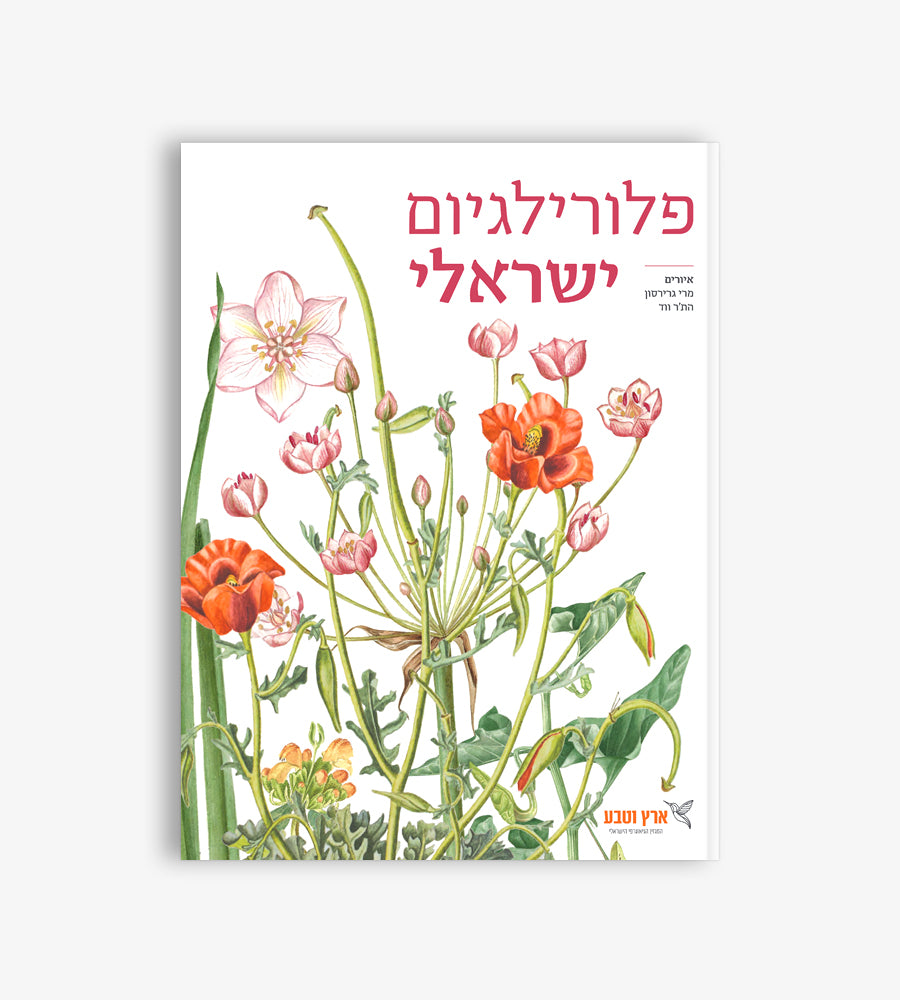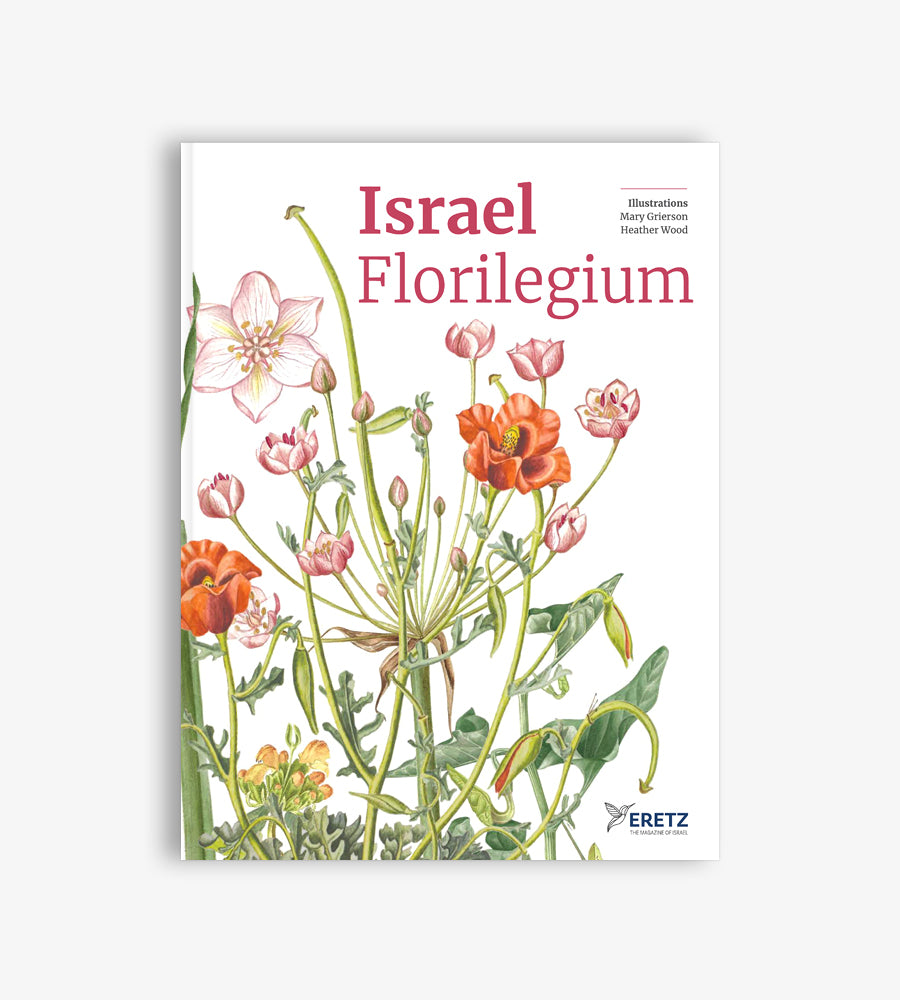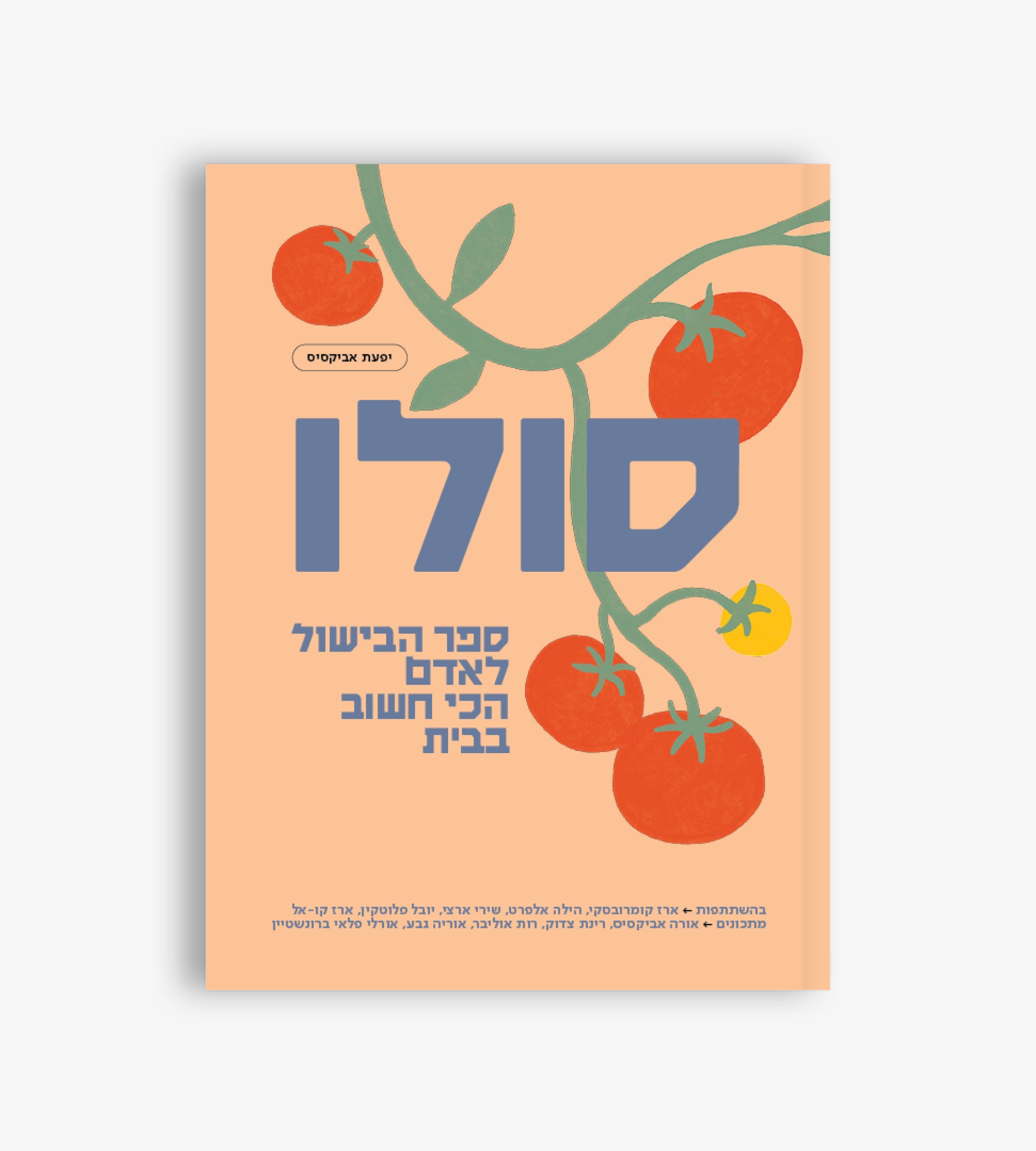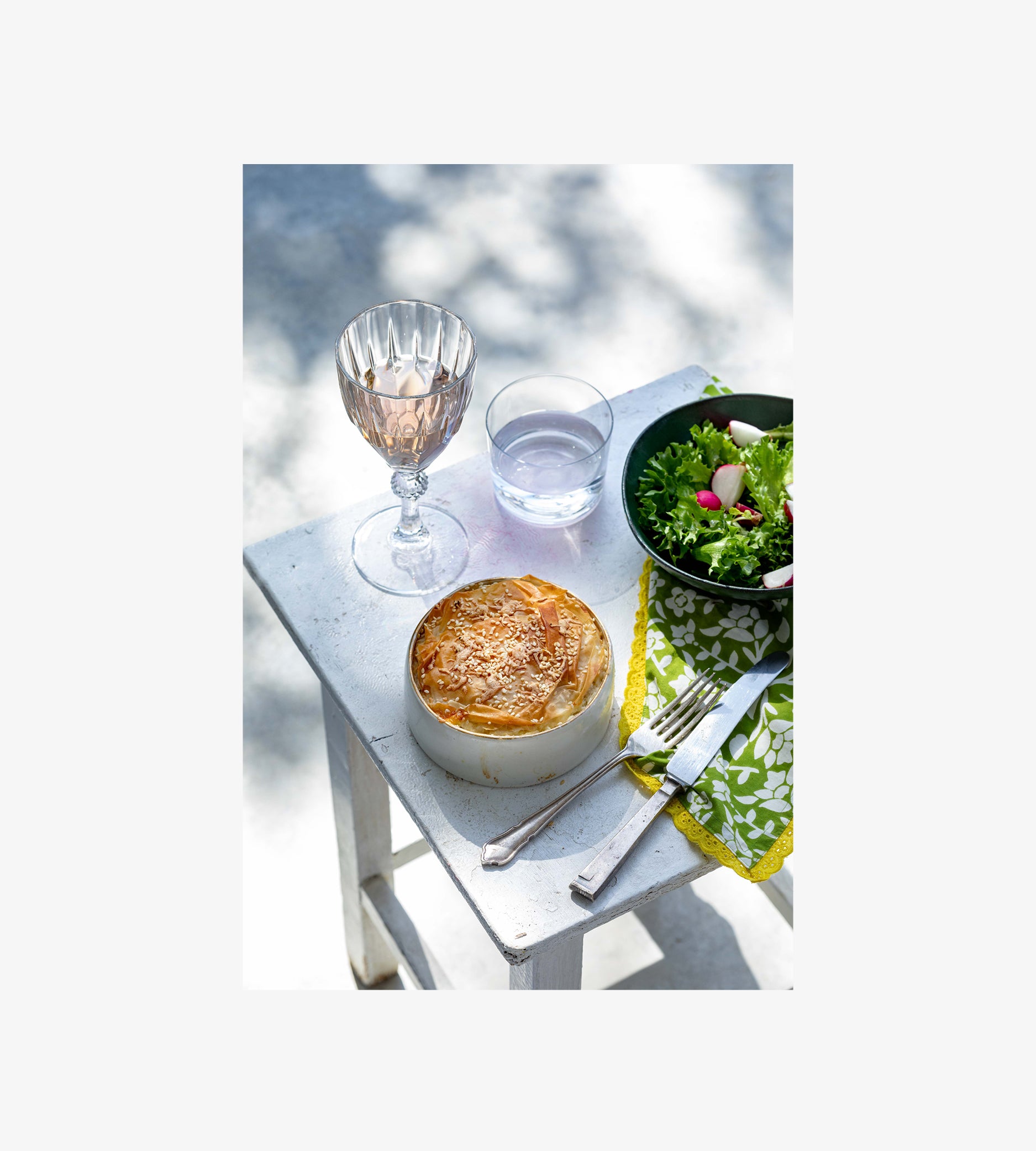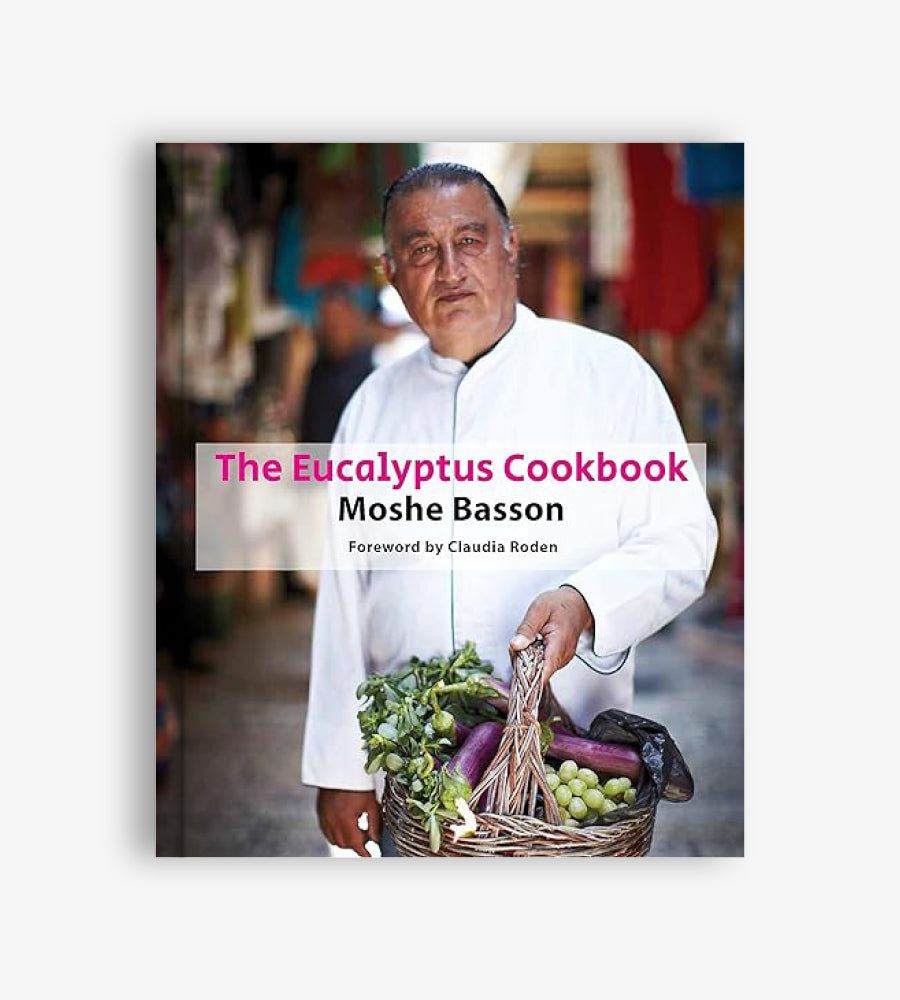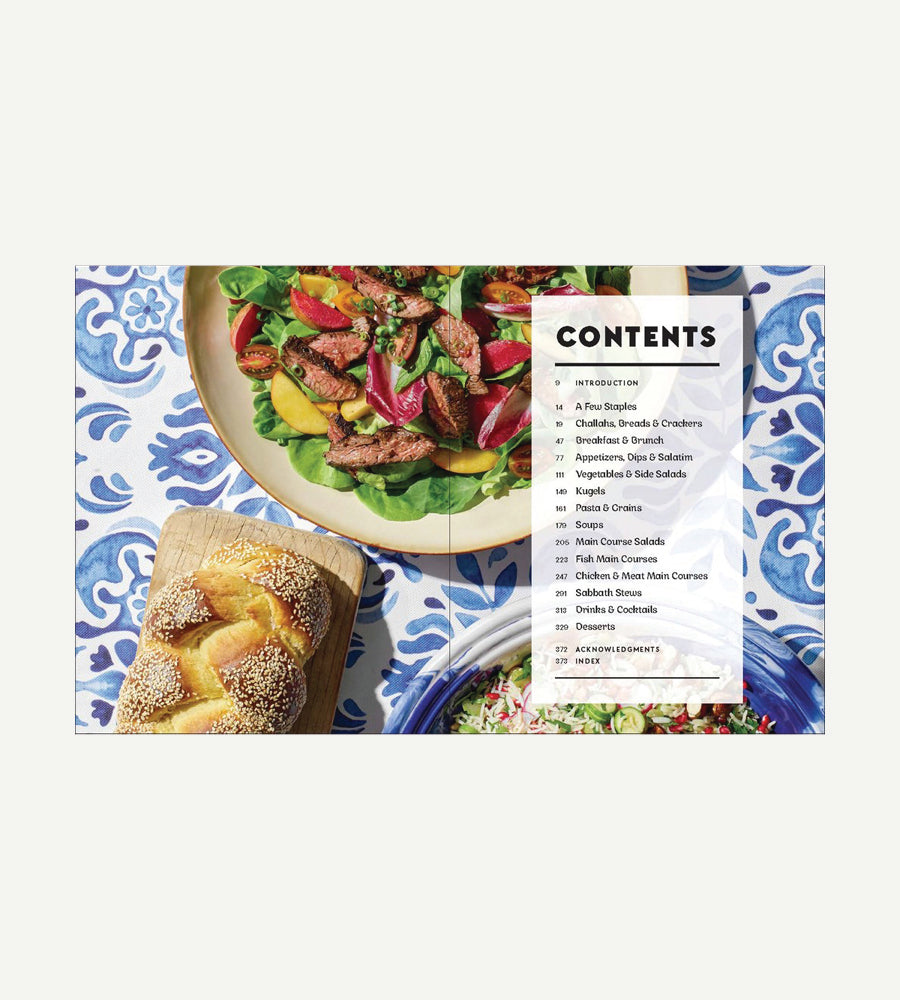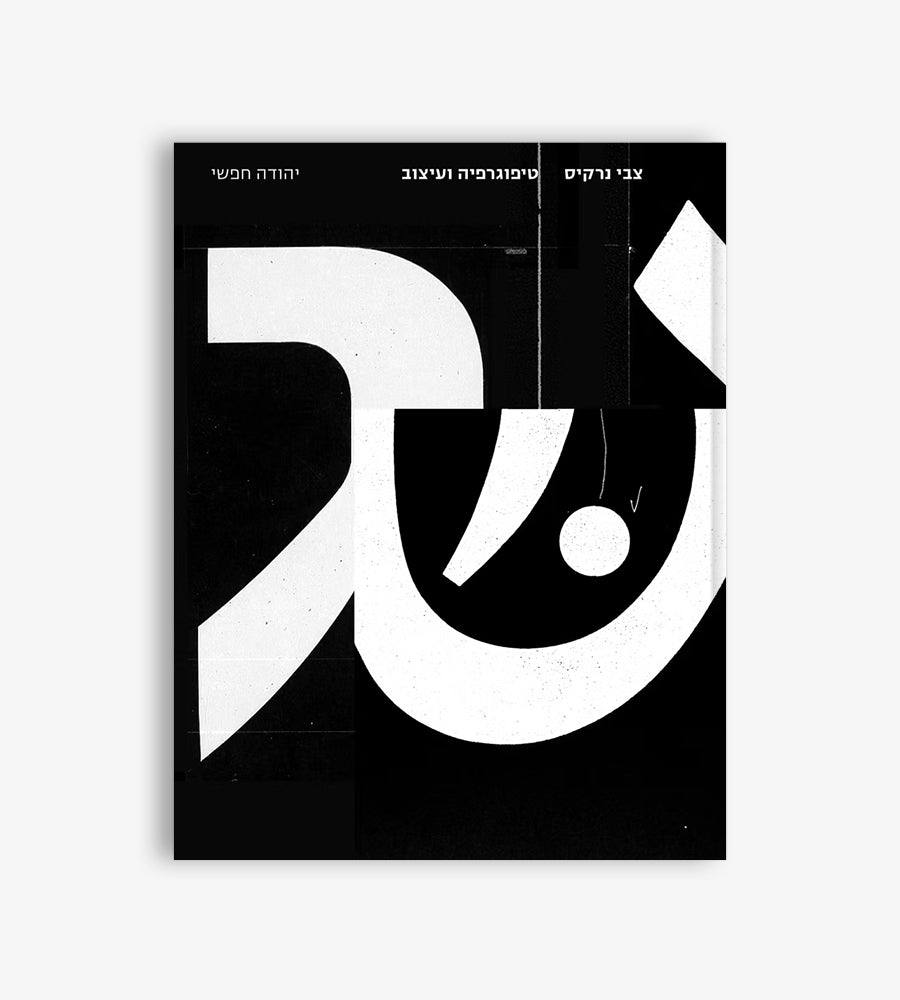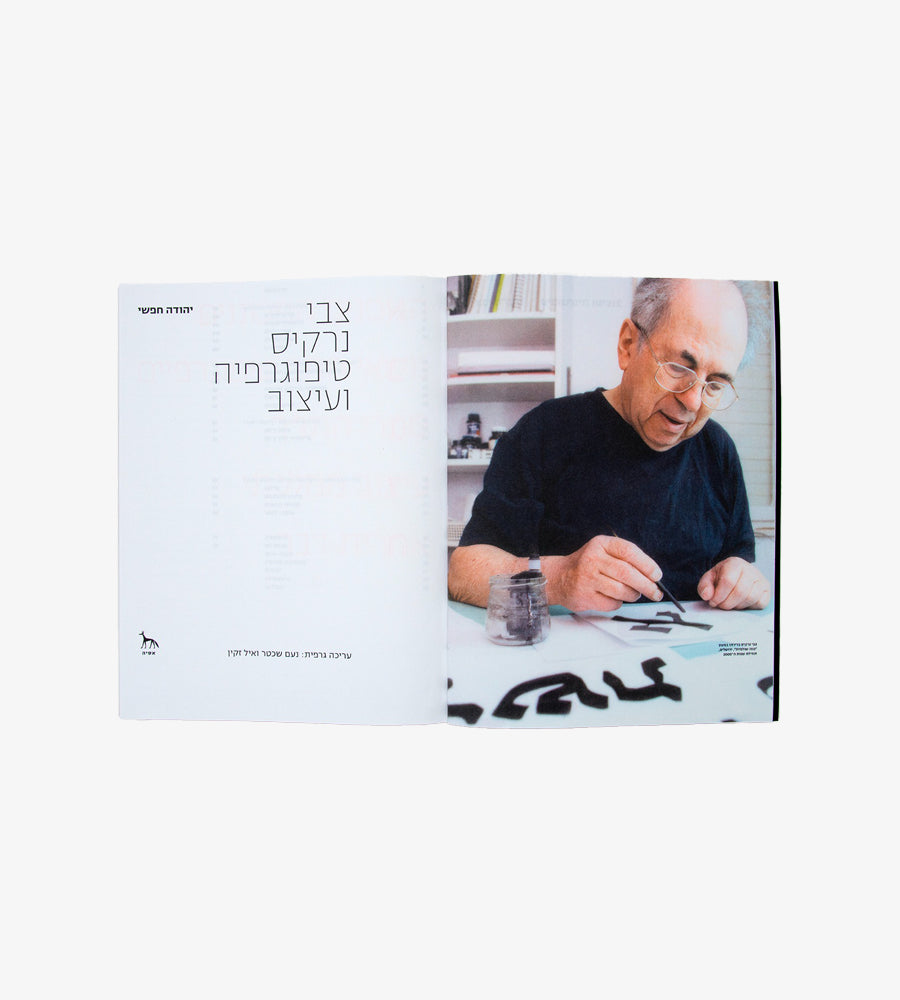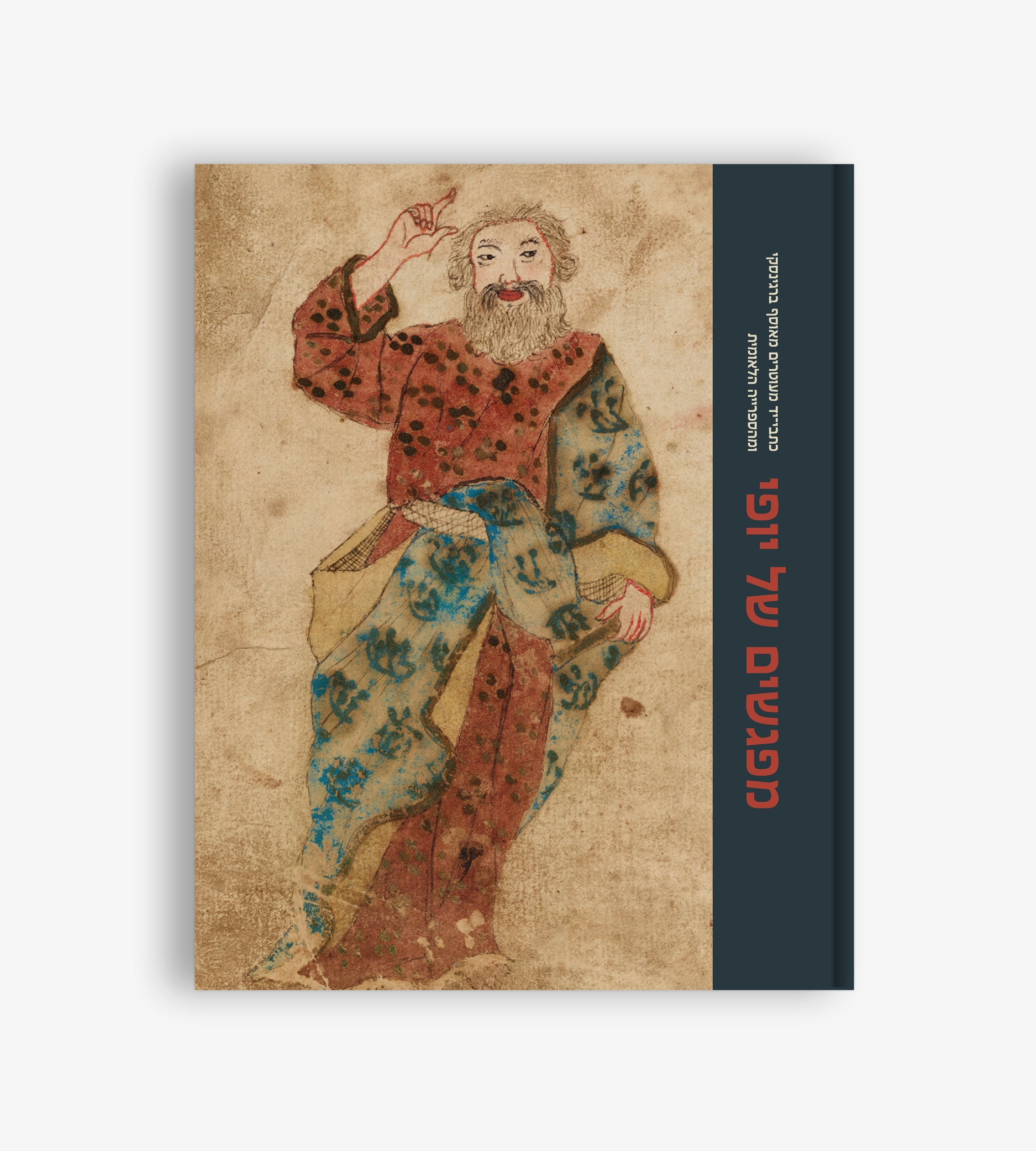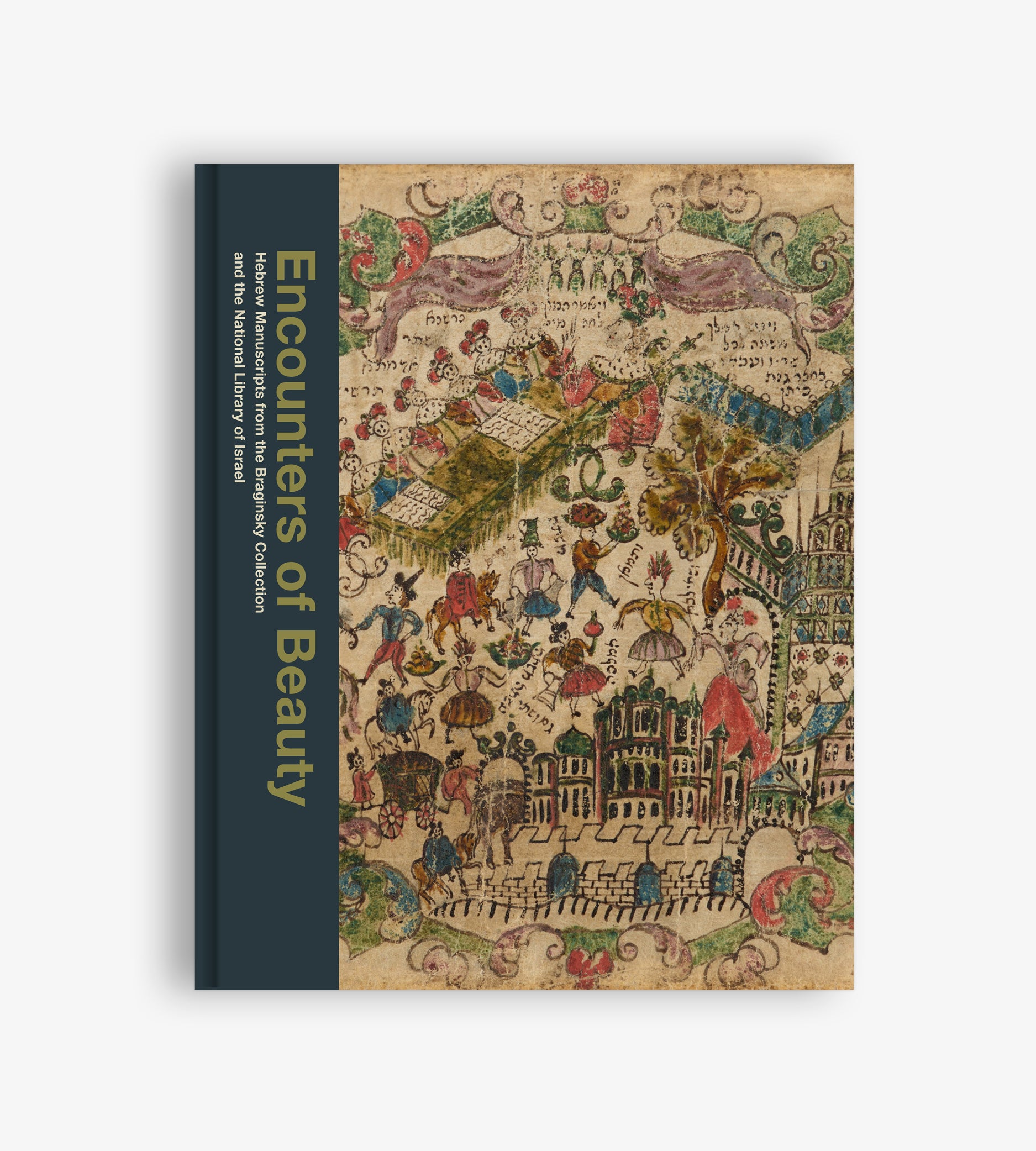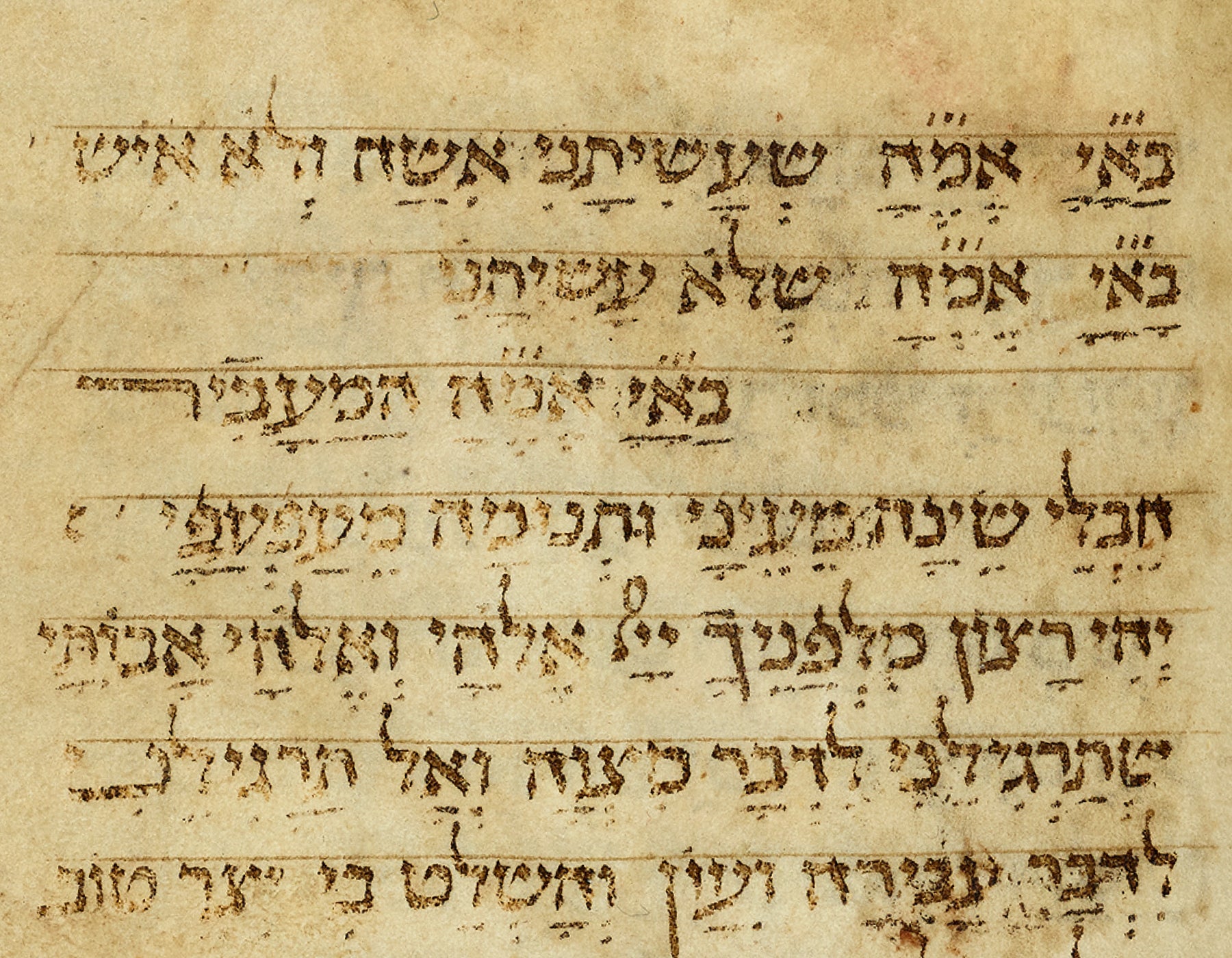
A Premodern Feminist Blessing
Dafna Siegman

This fifteenth-century siddur offers a premodern feminist surprise. Traditionally, each morning, men thank God “who has not made me a woman.” Between 1478 and 1485, Abraham ben Mordechai Farissol (ca. 1451–1525) — a bold Italian scholar, scribe, polemicist, geographer, teacher, and communal leader — handwrote three prayer books for women from the wealthiest stratum of Italian Jewish society. In all three, he changed the traditional blessing to “for You have made me a woman and not a man.”
The siddur held by the National Library was produced in Mantua, Italy, in 1480. It features gold filigree and intricate, colorful decorations surrounding the daily and holiday prayers, as well as a Passover Hagaddah, all according to the Italian traditions. The colophon notes that this siddur was commissioned by an anonymous man “in honor of a venerable woman.” Scholars suspect that it was prepared as a gift for a woman from the banking family of Judah and Jacob Norsa, Farissol’s patrons in Mantua.
In the dynamic cultural context of Renaissance Italy, it was hard to ignore the amplified role of Jewish women, a handful of whom were even certified as scribes and ritual slaughterers. The combination of the family’s wealth and cultural capital and Farissol’s own growing influence helped enable this small but culturally significant revision in the liturgy.


